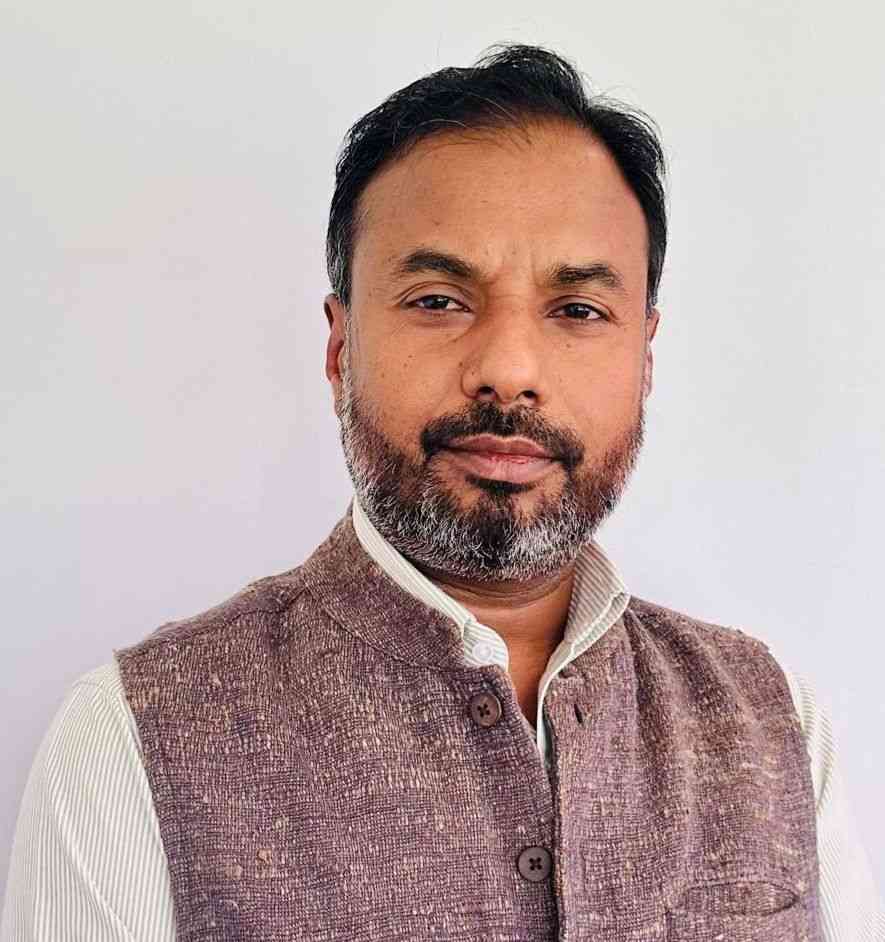
Most leaders want to be effective in leading people. Then, how does a leader become effective? How does he enable people to be more effective as well? Two writers, Jon Stokes and Richard Jolly (2010) believed that: “Four Central dilemmas can be said to lie at the heart of effective leadership:
JONAH NYONI
the strategic long-term perspective versus the operational day-to-day perspective
being directive versus enabling others
getting ahead versus getting along with others
being empathic versus ruthless”
In this article, I (JN) engage Denis Sartain (DS), who articulates how coaching works to produce effective results for leaders.
Denis Sartain is a visiting executive fellow and associate client director at Henley Business School, where he specialises in leadership and team development and coaching.
- Chamisa under fire over US$120K donation
- Mavhunga puts DeMbare into Chibuku quarterfinals
- Pension funds bet on Cabora Bassa oilfields
- Councils defy govt fire tender directive
Keep Reading
JN: What is leadership coaching
DS: First of all, leadership is about empowering people and enabling people to make their own decisions.
So, leadership coaching is about using techniques to enable people to make decisions, where they consider all the options, consequences of those options, and they have a model that enables them to make quality decisions.
These are techniques or models that makes them (coachees) comfortable in making their own decisions.
JN: As a well-travelled trainer, do you think Africa enjoys the power and benefits of leadership coaching?
DS: I think, without trying making to make generalisations, you will see that most countries such as in Africa, the Middle East, and Europe, you will see leaders, who have a leadership coaching approach even if they have no formal training where they enable people to make decisions for themselves.
But you also see an equal number of people, who take it upon themselves to make those decisions and they don’t empower others.
For example, we run programmes in the Middle East, and historically countries in the Middle East are top-down, male-dominated, and they are paternalistic, which means one group of people make decisions for everyone else.
I know that most often those decisions are wise and good decisions.
However, what those decisions have created is that people below feel unable to make decisions, so they keep coming to the leader saying what should I do?
In those situations, because the leader has so much hours in a day and there are so many things he can do in those hours, he is involved in other strategic issues much bigger than day-to-day issues so smaller activities get held up.
So the programmes that we have run are for people in leadership positions that may not be at the very very top of the country, but we have introduced a coaching methodology which enables them.
Instead of making decisions when someone says, “What should I do?” The leader then asks that person, “what do you think you should do? That has taken them through a methodology that makes them to think about options, decide which options to take, and they can then start using that methodology without having to come to the leader.
So they have got a way of making decisions themselves.
JN: In the face of change, there is a lot happening out there.
Technology is changing.
We have got all these positive disruptions coming from social media. As leaders, we are no longer doing things as we used to.
It’s no longer about systems, but it’s about people.
So how does leadership coaching play a role in the big picture of the global market?
DS: Coaching fits quite well with that actually.
One thing about technology is that it makes so much information available.
It makes it possible for so many people to have an opinion, so that you can get so many varied strong opinions about any subject.
So now, using a coaching approach; the coaching approach is robust now that you have to think of opinions as options.
The critical thing is about being able to sort worthwhile opinions and not so worthwhile opinions by having a methodology which says, “OK this is what you want to happen, what are consequences of it?”
Those are the key aspects of coaching conversations.
Coaching conversations generate options.
It’s about generating options.
It’s about deciding what options to take.
And then producing an action or positive steps after that.
That methodology has keys to discussing options. To ask about consequences of them.
So, leadership coaching fits in perfectly with the information available to you.
We can see from social media how one act of a leader can produce multiple perspectives.
Some are valid, some are not valid.
JN: Someone might be saying I am really educated, so do I need a coach?
DS: The answer to that is yes. We want to encourage reading. Reading is about increasing your information.
The more you know, the more your decisions can be well informed.
Coaching isn’t a replacement for knowledge, especially skills.
Coaching is about enabling people to think about things and to take time to make a decision on what the best options are.
So coaching is a very specific activity, which is about enabling people to think about what is important to them.
One of the keys to that particular function is to make time to reflect.
So even if you are a highly qualified doctor, engineer, physicist, in most cases you lead a busy life.
You don’t have the time to sit down and think what is important to you and what is important to your people; the people they lead.
So leaders go from one task to another.
One of the things we are so much used to is whenever we are in a leadership position or in an organisational context, they usually have more tasks in a day than they would have time.
So what becomes your main reason to your resistance is the achievement of tasks.
So you go from one task to the other, leaving people behind and you don’t have time to reflect on what you are actually doing, you don’t have time for quality thinking.
So, what coaching provides, if you have an external coach, they are asking you to take one hour per week or per two weeks out of your busy schedule to think about what is important to you.
To give you time to reflect on anything you would want to think about.
So, it’s actually improving the quality of your thinking.
JN: As an executive and coach, do I need to coach the employee about team dynamics, how does an executive use coaching to empower others to be effective?
DS: That’s where the ethos of coaching is important to understand; that is the essence of coaching.
It’s to enable the person to be more effective.
If you want to remember what coaching is: It is purely about enabling a person to be more effective.
So, if that is your focus, then all the techniques and methodologies are designed to enable a person to be more effective.
The very nature itself, it doesn’t encourage people with a Machiavellian ideas about replacing other people through devious means.
Coaching is about transparency, so where ever you talk coaching and coaching skills, one of the main aspects of it, is the ability to, first of all, think of the person you are coaching and their effectiveness.
If it’s for them, then it’s about being transparent.
It does not really fit with people who have a different agenda.
JN: What would be your motivation to a leader who says; I want to improve my results.
D.S: I’m thinking of some leaders I work with in the corporate world, who are in charge of up to 25 000 people.
I am a coach, but I don’t have their expertise because they achieved those positions because of their expertise.
So what they ask me to do is to give them a coaching session so that they can improve their thinking and the quality of their thinking.
I am not there to tell them what to do, because I don’t actually know their expertise.
So my advice to anyone in a leadership position is to, first of all, utilise a good coach to enable you to improve the quality of thinking, but also to make sure the coach you use has ethics and can explain to you what coaching is actually about before you use them.
Because if they don’t say it’s about enabling people to be more effective, then you would like to question their definition.
It’s really important to listen to the person’s definition of coaching before employing them.











